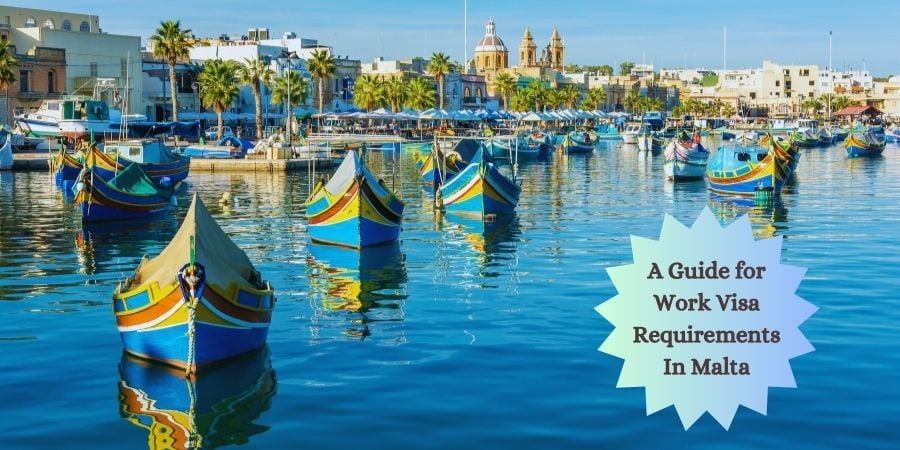
Malta, an archipelago in the central Mediterranean between Sicily and the North African coast, has emerged as an attractive destination for foreign workers seeking diverse career opportunities and a high quality of life. Its strategic location, thriving economy, particularly in sectors like tourism, finance, and technology, and membership in the European Union make it a compelling choice for individuals from non-EU countries.
This detailed article is an exhaustive guide to the Malta work visa process in May 2025. It meticulously outlines the various types of Malta work visas, the specific requirements for each, and a step-by-step breakdown of the application process. For those aspiring to work and live in this beautiful Mediterranean nation, understanding these intricacies is paramount for a successful Malta work visa application.
The Malta Work Visa Landscape
A Malta work visa, officially known as a Single Permit, grants non-EU/EEA/Swiss citizens the legal right to reside and engage in employment within Malta for an extended period, typically exceeding 90 days. It's crucial to distinguish this from a short-stay Schengen visa (C visa), which does not permit employment.
The Maltese government issues several types of Malta work visas tailored to different categories of workers:
- Single Permit: This is the most common type of Malta work visa, allowing non-EU nationals to live and work in Malta long-term. A valid job offer from a Maltese employer is a fundamental requirement for this Malta work visa.
- Key Employee Initiative (KEI): Introduced to attract highly skilled professionals in managerial or technical roles, the KEI offers a fast-tracked application process, often within five working days. Eligibility for this Malta work visa typically includes a minimum annual salary and relevant qualifications or experience.
- EU Blue Card: This type of Malta work visa is designed for highly qualified non-EU workers with a university degree or equivalent qualifications and a job offer with a salary at least 1.5 times the average gross annual salary in Malta. The Malta EU Blue Card is initially valid for one year and can be renewed.
- Short-Term Work Visa: These visas cater to specific short-term assignments in sectors like agriculture, hospitality, or construction and are only valid for a few months. The requirements and application process may differ from long-term Malta work visas.
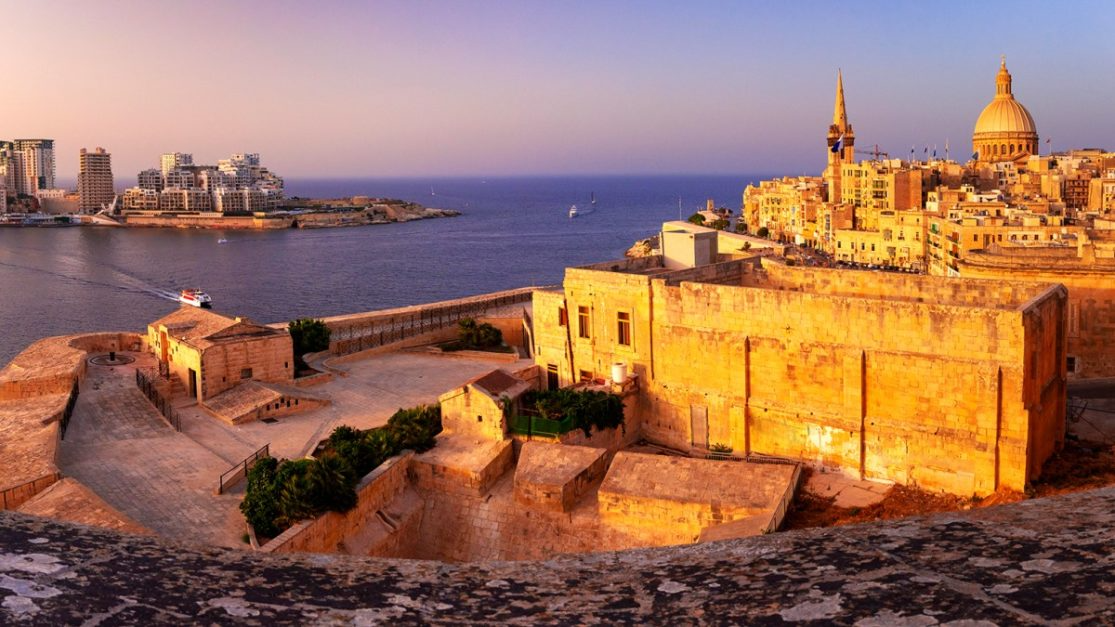
Requirements for a Malta Work Visa
The specific requirements for a Malta work visa can vary depending on the type of Malta work visa you are applying for. However, several core documents and criteria are generally applicable:
General Requirements for a Malta Work Visa:
- Valid Passport: Your passport must have at least two blank pages and a validity of at least three months beyond your intended stay in Malta.
- Malta Work Visa Application Form: A filled and signed Malta work visa application form, obtainable from the Maltese embassy or consulate in your country of residence or online from the Identity Malta Agency website.
- Passport-Sized Photographs: Recent passport-sized color photographs with a white background, adhering to ICAO standards.
- Work Contract: A signed and valid employment contract from a licensed Maltese employer, detailing your role, responsibilities, salary, and duration of employment. This is a crucial requirement for any Malta work visa.
- Curriculum Vitae (CV): An updated and detailed CV outlining your educational qualifications, work experience, and skills relevant to the job offer.
- Proof of Qualifications and Certifications: Certified copies of your academic degrees, professional certifications, and other relevant qualifications, potentially requiring legalization or translation into English.
- Police Clearance Certificate: A recent police clearance certificate (criminal record check) from your country of origin or residence, demonstrating a clean criminal record. This is a standard requirement for a Malta work visa.
- Health Insurance: Proof of comprehensive travel health insurance with a minimum coverage of €30,000, valid for the entire Schengen area and the duration of your stay in Malta.
- Proof of Accommodation: Documentation confirming your accommodation arrangements in Malta, such as a rental agreement or a letter from your employer providing accommodation.
- Flight Itinerary: A confirmed flight booking showing your travel dates to Malta.
- Proof of Financial Means: While a job offer is a primary requirement, you may need to demonstrate sufficient financial resources to support yourself until your first salary.
Additional Requirements for Specific Malta Work Visas:
Key Employee Initiative (KEI):
- A declaration from the employer stating that the applicant possesses the necessary credentials for the role.
- Certified copies of relevant qualifications, warrants, or work experience.
- Evidence of a minimum annual gross salary (currently €30,000 as of May 2025, but subject to change).
EU Blue Card:
- Evidence of high professional qualifications, such as a university degree.
- Employment contract for at least one year for a highly qualified position.
- Salary that is at least 1.5 times the average gross annual salary in Malta.
Employer's Role in the Malta Work Visa Process:
It's important to note that the employer in Malta plays a significant role in the Malta work visa process. They are typically required to:
- Demonstrate that they have been unable to find a suitable candidate from the local or EU/EEA workforce for the position. This is often referred to as a labor market test.
- Provide evidence of their company's registration, compliance with employment regulations, and good standing with tax and social security authorities.
- Assist the prospective employee with the Single Permit application submitted to Identity Malta.
- Provide a detailed job offer letter outlining the terms of employment.
Step-by-Step Malta Work Visa Application Process (May 2025)
The application process for a Malta work visa generally involves the following steps:
Step 1: Securing a Job Offer in Malta
The first and most critical step is to obtain a genuine and confirmed job offer from a licensed employer in Malta. You cannot apply for a Malta work visa without a valid job offer. Ensure the job offer clearly outlines your role, responsibilities, salary, contract duration, and the employer's details.
Step 2: Gathering the Required Documents
Once you have a job offer, meticulously gather all the necessary documents as outlined in the requirements section. Pay close attention to details such as passport validity, photograph specifications, and the need for certified translations where applicable. Incomplete documentation can lead to delays or rejection of your Malta work visa application.
Step 3: The Single Permit Application
The application process for the Single Permit, which serves as both your Malta work visa and residence permit, can be initiated in one of two ways:
- Applying from Outside Malta: If you are outside Malta, you will typically need to apply through the Maltese embassy or consulate in your home country. They will guide you on the specific procedures and document submission process.
- Applying from Within Malta: If you are already in Malta on a valid visitor visa or under visa-exempt status, your employer can apply for the Single Permit on your behalf with Identity Malta. However, it's crucial to understand the conditions of your current visa and whether it allows for an in-country application for a Malta work visa.

Your employer will usually be responsible for submitting the complete Single Permit application to Identity Malta, which includes
- The filled Malta work visa application form.
- Your supporting documents.
- Payment of the administrative fee (approximately €280-€300 as of May 2025, but subject to change).
Step 4: Biometrics and Medical Examination (If Required)
As part of the Malta work visa application process, you may be required to attend a biometric appointment where your fingerprints and photograph will be taken. Additionally, depending on your nationality or the nature of your employment, you might need to undergo a medical examination in Malta.
Step 5: Waiting for the Application Outcome
After submitting the Malta work visa application, you will need to wait for Identity Malta to process it. The processing time can vary depending on the type of Malta work visa:
- Standard Single Permit: Typically takes 4 to 8 weeks.
- Key Employee Initiative: Usually processed within 5 working days.
- EU Blue Card: Approximately one month.
During this time, if you applied from within Malta, you must remain in the country legally. If you applied from abroad, you will need to wait for the decision in your home country.
Step 6: Receiving Your Single Permit and Traveling to Malta
If your Malta work visa application is approved, Identity Malta will issue your Single Permit. If you applied from abroad, you will receive a notification to collect your visa from the Maltese embassy or consulate. Upon receiving your Malta work visa, you can then travel to Malta.
Step 7: Starting Work Legally in Malta
Once you arrive in Malta, you can commence your employment as per the terms of your work contract and Single Permit. It's essential to adhere to the conditions of your Malta work visa and inform Identity Malta of any changes in your employment or circumstances.
Important Considerations for Your Malta Work Visa Journey
- Visa Fees: Be prepared to pay the applicable Malta work visa application fees, which vary depending on the type of permit. Additional costs may arise for document translation, legalization, and medical examinations.
- Processing Time: The processing times provided are estimates and can be influenced by the volume of applications and the completeness of your submission. Apply well in advance of your intended start date.
- Renewal of Malta Work Visa:Malta work visas are typically valid for one year and can be renewed, provided you continue to meet the eligibility criteria and have a valid employment contract. The renewal process should be initiated well before your current permit expires.
- Changing Employers: If you wish to change employers while in Malta on a work visa, you will generally need to apply for a new Single Permit with the new employer.
- Long-Term Residence and Citizenship: After residing and working legally in Malta for five continuous years, you may become eligible for long-term resident status and eventually, Maltese citizenship, subject to meeting other conditions.
The Malta Work Visa Process in May 2025
The Malta work visa process in May 2025 remains largely consistent with established procedures. However, it's always advisable to check the latest updates and guidelines from the official Identity Malta Agency website or the Maltese embassy/consulate in your country, as immigration policies can be subject to change.
By thoroughly understanding the types of Malta work visas, diligently meeting the requirements, and carefully following the application process, foreign workers can navigate their journey to working and living in Malta with greater confidence and ease. The allure of Malta's vibrant culture, promising career prospects, and Mediterranean charm continues to make it a sought-after destination for professionals worldwide. Remember to start your Malta work visa application well in advance and ensure all documentation is accurate and complete for a smooth and successful outcome.
;More Travel News
-
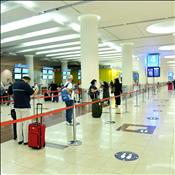 11-Aug-2021UAE's New Travel Rules Now a Days 2021
11-Aug-2021UAE's New Travel Rules Now a Days 2021 -
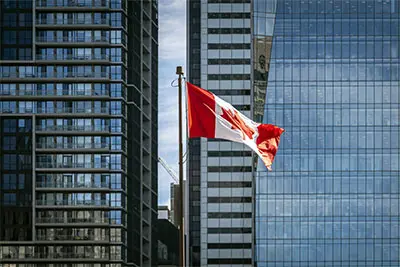 18-May-2025Ensure Better Chances of Canada Visa by Avoiding These Mistakes
18-May-2025Ensure Better Chances of Canada Visa by Avoiding These Mistakes -
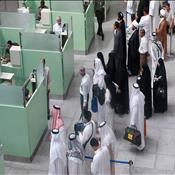 27-Jul-2023Saudi Arabia has ended the sticker visa system on passports for 12 countries
27-Jul-2023Saudi Arabia has ended the sticker visa system on passports for 12 countries -
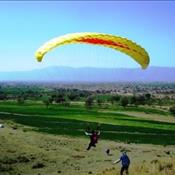 30-Jun-2021Khanpur dam is best place to visit in hot summer
30-Jun-2021Khanpur dam is best place to visit in hot summer -
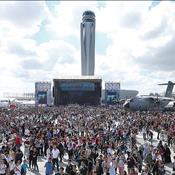 24-Sep-2021Turkey Begins Its Premier Turkish Tech Event TEKNOFEST In Istanbul
24-Sep-2021Turkey Begins Its Premier Turkish Tech Event TEKNOFEST In Istanbul -
 20-Dec-2021New Umrah Covid Policy
20-Dec-2021New Umrah Covid Policy -
 26-Apr-2025Qatar Airways Announces All-Inclusive FIFA World Cup 2026 Tour Packages
26-Apr-2025Qatar Airways Announces All-Inclusive FIFA World Cup 2026 Tour Packages -
 25-Sep-2025Why Schengen Countries Require Travel Insurance When Applying for a Visa from Pakistan
25-Sep-2025Why Schengen Countries Require Travel Insurance When Applying for a Visa from Pakistan -
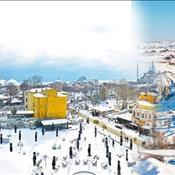 26-Jan-2022Best Attractions to Visit in Turkey During Winter
26-Jan-2022Best Attractions to Visit in Turkey During Winter -
 02-Jul-2021Check the Open Countries And Their Travelling Requirements For Pakistani Visitors After Coronavirus
02-Jul-2021Check the Open Countries And Their Travelling Requirements For Pakistani Visitors After Coronavirus -
 18-Apr-2024Indians getting offended by Maldives and now boycotting to travel there
18-Apr-2024Indians getting offended by Maldives and now boycotting to travel there -
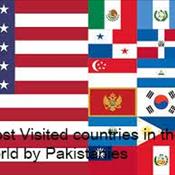 15-Jul-2019Top 10 Countries Where Pakistanis Visit the Most
15-Jul-2019Top 10 Countries Where Pakistanis Visit the Most
